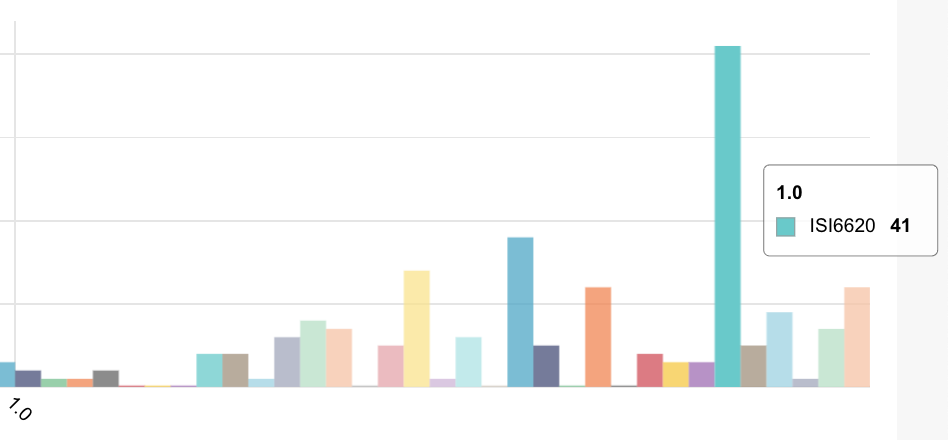The advantages of speaking softly
I started thinking about the constraints on eClinical technology for decentralized clinical trials and patient-centric product development.
The best planned patient-centric trial will not succeed if the data quality is poor at the sites.
When a CRA on the team is disgruntled, it is infectious. Speed and efficiency in your clinical operations team does not matter even if you suck it up and move on. The bad feelings and lack of collaboration are a net loss.
Learning teamwork from large jazz ensembles
I am a serious amateur musician. I play saxophones, clarinet and I’m the contractor in the JP Big Band.
It’s been almost a year since we performed – with COVID.
Experienced wind instrument musicians know that when you play pianissimo, you can play faster. When you play softly, your intonation is better. If you play softly with good intonation, then you can hear the other musicians in the ensemble. When you hear the other musicians in the ensemble, then you can play better as a group. An ensemble that plays softly with good intonation sounds better. It sounds ‘tight’. Playing softly with good intonation together as an ensemble, enables a wider dynamic range. Wider dynamic range means that the entire group can be really pianissimo or totally forte-fortissimo.
The downside of playing loud
On the other hand, if you play loud, you do not hear the other musicians. Playing loud creates stress on your body and brain. The stress wears you out and causes more stress because you are never sure you will hit that note or make that phrase. The physical and mental stress caused by playing loud influences everyone around you, not just your own mind and body.
Let’s apply the idea of playing softly to collaborating with other people.
When you speak softly, people listen better. You can deliver your message more effectively when people listen to you without feeling threatened. If you speak softly with clear messages, you can hear the other people in your group. A group that speaks softly sounds better. It sounds ‘tight’. A group that speaks softly can achieve a wider dynamic range of response because the group is not challenged by listening issues.
A wider dynamic range enables a group to respond faster and more effectively to problems and changes, because people are all talking at the same time in a cacophony of sound.
The downside of being loud in a clinical trial operations team
On the other hand, if you talk loud, you do not hear other people. You only hear yourself. Talking loud creates stress on your body and brain. The stress wears you out and causes more stress because you are never sure you explained yourself properly The physical and mental stress caused by speaking loud influences everyone around you, not just your own mind and body.
The benefit of speaking softly with other people in the clinops team
Speaking softly goes beyond stress reduction and improved communications. It enables you to build a much stronger core for the entire business / operation. Speaking softly has additional benefits:
– Makes it easier to confirm facts instead of based on authority and loudness.
– Makes it much easier to debate evidence
– When everyone speaks softly no one is an absolute authority on anything. The boss and the newest sales person on the team have equal input.
– Speaking softly enables the team to generate multiple hypotheses
– You don’t get too attached to an idea and start yelling about how good it is because it is, after all, your idea.




